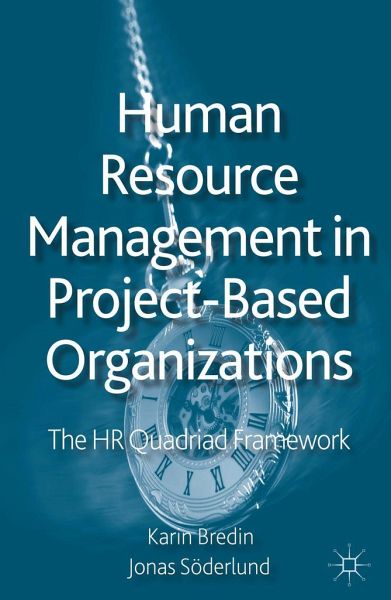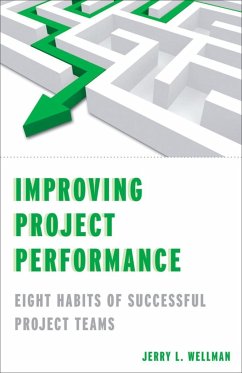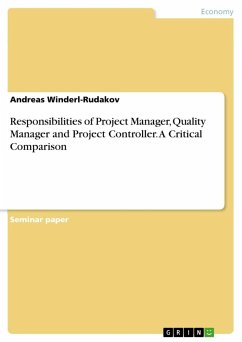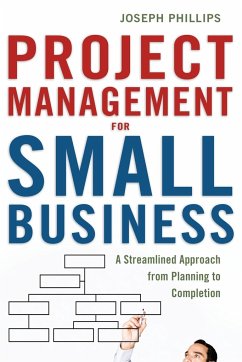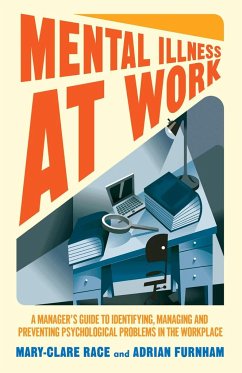'We have in this volume an outstanding but far too rare combination of perspectives on a set of critical issues in contemporary management. The authors are well versed in the academic discussions and literature of modern project management. And they are able to combine this with valuable industrial experience. Their four-pronged approach should enable managers to better understand and deal with the many dilemmas and conflicts that develop in matrix organizations. At the same time, they lay out a valuable agenda for academic research. This book is essential reading for both managers of technology and scholars interested in organizing for innovative product development.'
Thomas J. Allen
Howard W. Johnson Professor of
Management, Emeritus MIT Sloan School of Management Professor of Engineering Systems, Emeritus MIT School of Engineering
'This book makes an important evidence-based contribution to a challenging area of practice, managing people in project-based organizations. Bredin and Söderlund judiciously combine the latest HRM theory with practice-oriented research on project management. The result is a clear framework to guide HR decisions in the diverse array of project organizations.'
Denise M. Rousseau
H.J.Heinz II University Professor of Organizational Behavior and Public Policy, Heinz College and Tepper School of Business, Carnegie Mellon University, USA
'An innovative, refreshing book which deals with one of themost important current paradoxes of HRM: The research and practice within HRM has grown out of - and achieved its widespread acceptance through - the traditional hierarchical organization. However, more and more organizations are adopting new, alternative structures challenging the well-established roles of line managers and an HR function. Where does that leave the HRM concept? This is the highly relevant question addressed and answered in the present book.'
Henrik Holt Larsen, Professor of Human Resource Management, Copenhagen Business School
'Bredin and Söderlund have integrated an impressive range of both their own empirical research and research by other scholars on the challenges and choices facing human resource managers and project workers and managers within project based work settings. Their HR Quadriad model provides a coherent framework for conceptualizing their case study insights into the distinctive roles played by project workers, project managers, line managers and HR specialists when engaged in different project-based work setting. Their research base is extensive and multi industry based and reflects many years of systematic case based research with large complex and technologically sophisticated organizations. Their book makes a distinctive contribution to the study and practice of HRM within project-based organizations.'
Robert DeFillippi, Professor and Chair, Strategy and International Business Department Director, Center forInnovation and Change Leadership Sawyer Business School Suffolk University
Well written, well-structured and appealing to readers, whether academics or practitioners.
Maria Kapsalia, aUmea° School of Business and Economics (USBE), Sweden, and Rea Prouskab, Middlesex University Business School, United Kingdom
'Bredin and Söderlund have written a pioneering book which places the management of human resources at the centre of our analysis of temporary organizations. They provide a superb analysis of how people work and function in project-based organizations based on an in-depth study of firms and industries. The book raises questions that will shape our thinking about project-based organizations in the future. Anybody interested in project organizing and managing should have a copy close at hand on their bookshelf.'
Andrew Davies, University College London
'Increasingly the focus within strategic HRM is on the involvement of line management. Especially in project based organizations project- and line managers are crucial for a proper and effective implementation of HRM. This is the very book we have been waiting for, written by excellent scholars in the field of HRM and project-based organizing. The authors make the connection between all those involved: project managers, line managers, HR specialists and of course the project workers themselves. A book full of empirically based evidence and insights on how HRM can make adifference in project based-organizations in order to become more effective.'
Jaap Paauwe, Tilburg University, the Netherlands
'Karin Bredin and Jonas Söderlund provide us with a comprehensive, deep and rich understanding of the challenges of human resource management in project-based industries, and the measures firms have taken to cope with these challenges. Their exploratory approach, combined with a very solid theoretical foundation, fits very well to the needs of this heavily under-researched area of project management. Cases from leading Swedish companies illustrate new ways of handling human resource management (HRM) in project-based firms. The general trend in HRM, the devolution of HR responsibilities from HR departments to the line, also influences HRM in project-based companies, leading to fundamental changes. The authors develop a so called 'Quadriad Framework' which describes the new distribution of the HRM function between the HR department, the line managers, the project managers, and the project members and how they are cooperating. Line managers become disciplinary 'competence coaches', project leaders get more responsibility in assessing, developing, and recognizing project management and team building competences, and project members are assumed to take a higher self-responsibility for their development.'
Professor Hans Georg Gemünden, Technical University Berlin
'This book makes an important evidence-basedcontribution to a challenging area of practice, managing people in project-based organizations. Bredin and Söderlund judiciously combine the latest HRM theory with practice-oriented research on project management. The result is a clear framework to guide HR decisions in the diverse array of project organizations.'
Denise M. Rousseau
H.J.Heinz II University Professor of Organizational Behavior and Public Policy, Heinz College and Tepper School of Business, Carnegie Mellon University, USA
